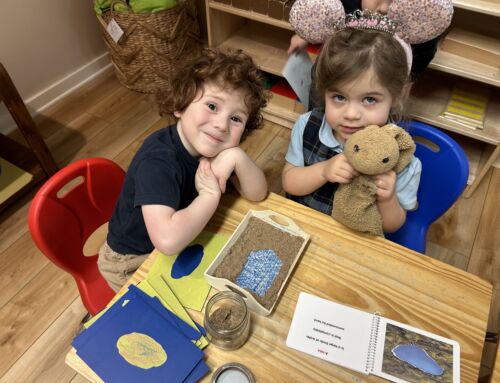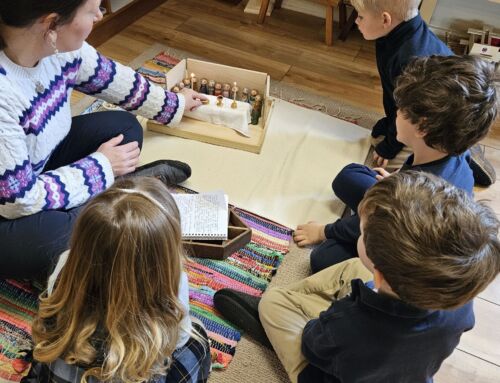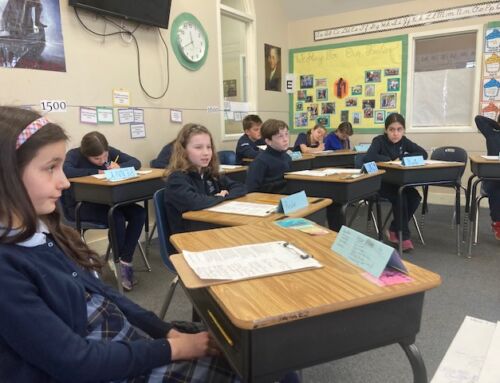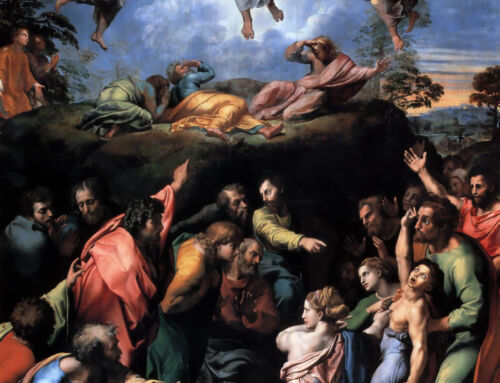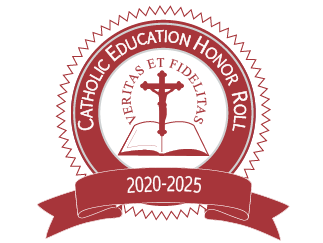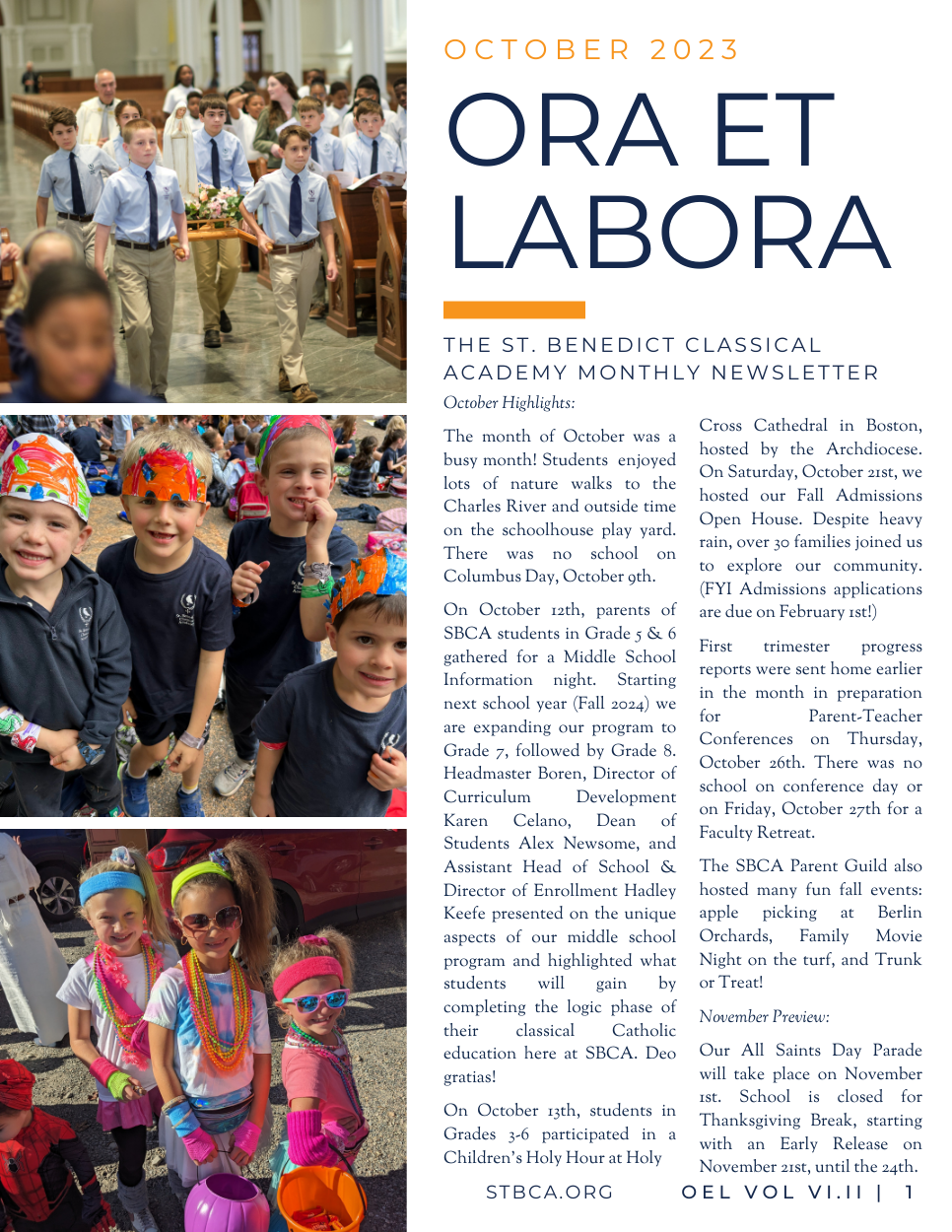As a father of two toddlers, proper discipline is something I often think and pray about. Discipline and the way that I respond to their behaviors are paramount in their development and will be crucial to shaping them as human beings. The concept of “discipline” in education is often associated with a list of things we don’t want children to do. Because of this, parents and educators are often tasked with enforcing a list of rules and handing out necessary consequences if they aren’t followed. When taking over as Dean of Students at St. Benedict’s, I knew that student discipline was going to be one of my main responsibilities. My beliefs around this topic started when I became a teacher and focus on the aspects of Saint John Bosco’s (Don Bosco) “preventative system” of education rather than those of Ed Rooney in Ferris Bueller’s Day Off.
Don Bosco believed that the purpose of education was to help form young people into virtuous citizens through the pillars of reason, religion, and friendship. With the pillar of reason, it is important to see students as human beings created by God with the capability of knowing the difference between right and wrong. As parents and teachers, this belief can help us move towards preventing misconduct, while reducing the frequency of repressing it. In regards to the pillar of religion, Bosco recognized that young people have souls and possess an inherent need for community and relationships with each other and God. At SBCA, we uphold this important pillar by offering weekly mass and providing multiple opportunities for confession throughout the school year. Bosco’s third pillar of encouraging friendship between teachers and students is what most often confuses modern educators, and is also the hallmark of his system of preventative discipline. St. Bosco believed that if Christ can call us friends without narrowing the gap between God and man, then teachers can do the same for their students. It is important to be careful with this point – this isn’t advocating for teachers to be “pals” with students, but to form a relationship where both parties seek the good in one another. This friendship also requires educators to recognize the good in each student and encourage this goodness through praise, correction, and kindness. Following these pillars faithfully helps students behave and perform well, and ensures their parents and teachers have an active presence in their lives.
In his letters to teachers, Don Bosco provided the following seven tips to guide children to lead a more virtuous life:
- Punishment should be your last resort.
- The educator must strive to make himself loved by his pupils, if he wishes to obtain their respect.
- Except in rare instances, corrections and punishments should not be given in public, but privately apart from others.
- All physical punishments must be absolutely avoided.
- The educator must see that the laws of discipline, and the rewards and punishments entailed, are made known to the pupil, so that no one can make the excuse that he did not know what was commanded or forbidden.
- Be exacting when it is a matter of duty, firm in the pursuit of good, courageous in preventing evil, but always gentle and prudent.
- To be real educators in dealing with the young, we must not allow the shadow of anger to darken our countenance.
St. John Bosco devoted his entire life to turning disadvantaged children into saints and scholars. Of all the hats I wear at SBCA, I take the most pride in that of Dean of Students and helping form virtuous students.
AUTHOR: Alex Newsome, Dean of Students
[learn_press_profile]
